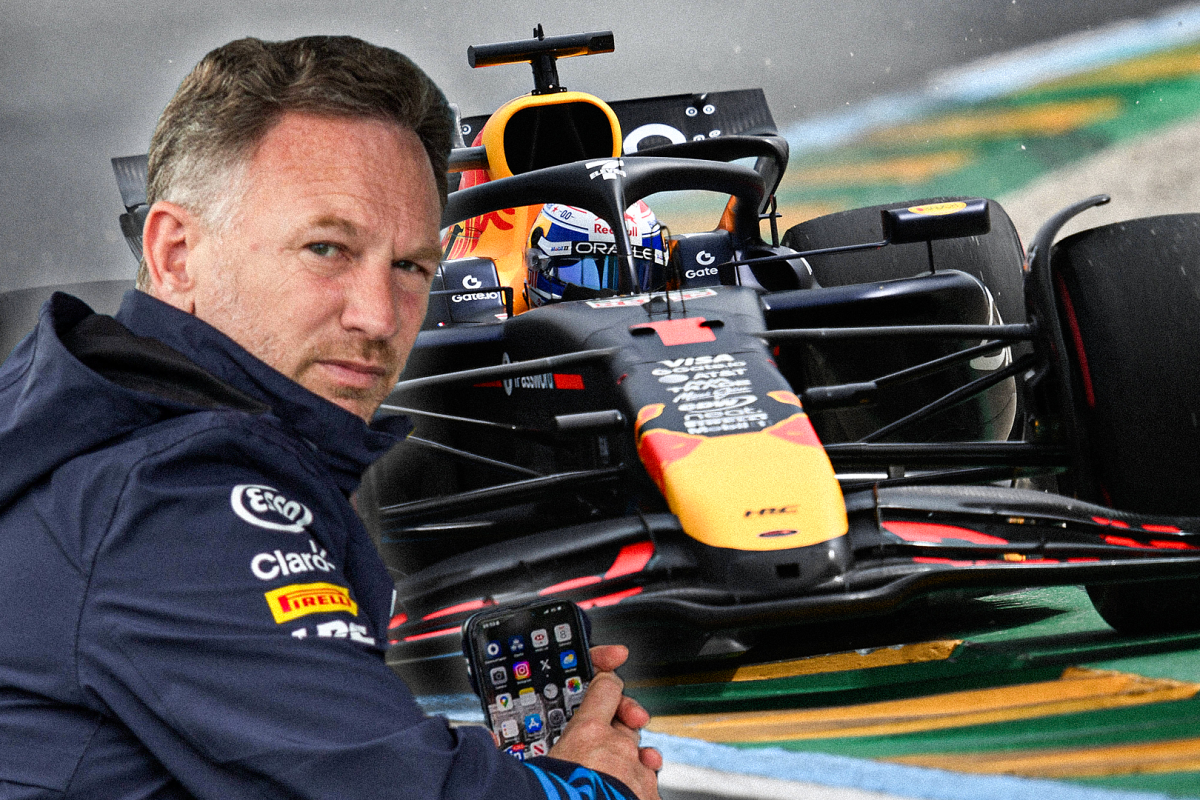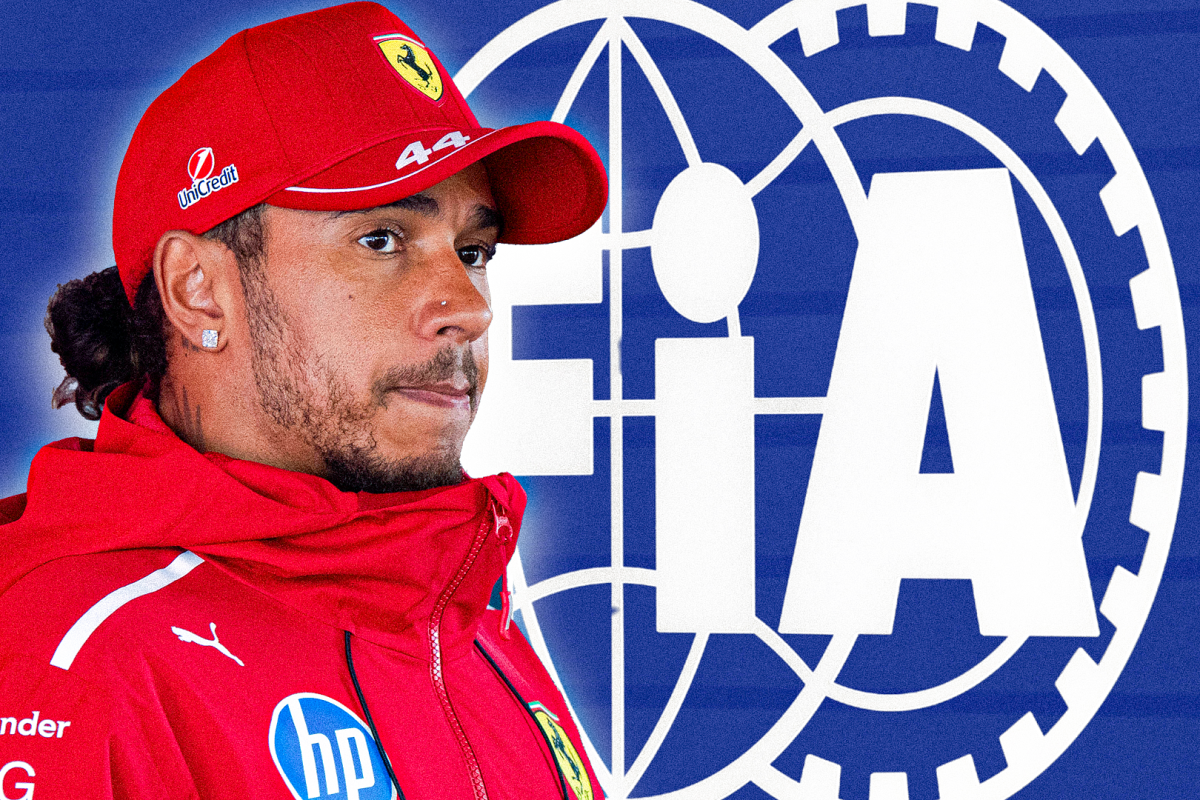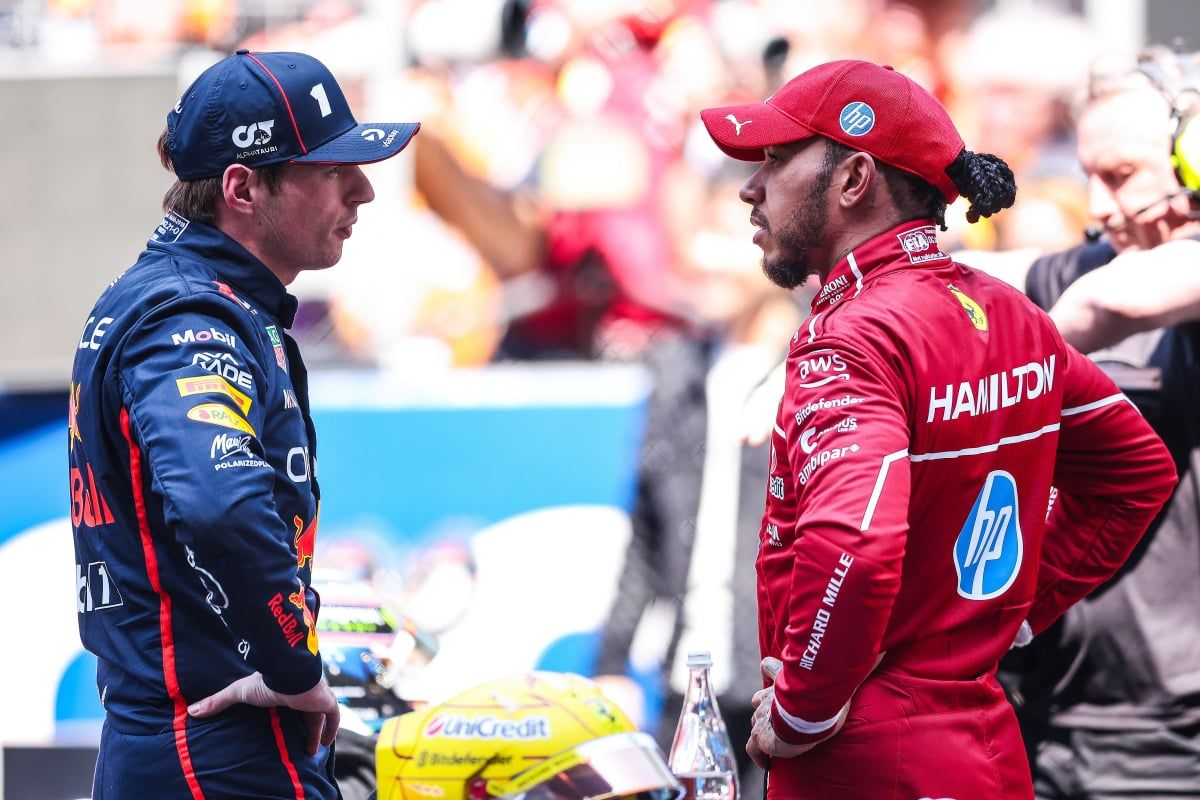Red Bull Confirms Christian Horner’s Future Amid 2025 P… read more
Christian Horner’s position as Red Bull Racing’s Team Principal has been a topic of intense speculation amid a turbulent start to the 2025 Formula 1 season. Despite growing rumours suggesting Horner may be on the brink of departure due to the team’s recent downturn in form, Red Bull has moved to quash those claims by affirming their long-term commitment to him.
Horner, who has been at the helm of Red Bull Racing since its inception in 2005, is now confirmed to remain in his role through the end of the decade. The 51-year-old team boss has overseen an impressive era of success, securing eight drivers’ championships and six constructors’ titles. However, Red Bull’s dominance, which reached its peak in recent years, has sharply declined in the 2025 campaign.
The team’s performance struggles have been highlighted by a dramatic shift in the competitive landscape. McLaren has emerged as the dominant force, winning five out of the six Grands Prix held so far this season. Max Verstappen, Red Bull’s star driver and reigning four-time world champion, has managed only a single victory at the Japanese Grand Prix, leaving him trailing championship leader Oscar Piastri by 32 points.
Verstappen’s recent showing at the Miami Grand Prix further underlined the team’s woes, as he finished more than 30 seconds behind Lando Norris in second place. The lack of competitiveness has not only raised questions about the car’s development but also reignited internal tensions, particularly between Horner, Verstappen, and Red Bull advisor Helmut Marko.
Marko, known for his candid assessments, has echoed Verstappen’s criticism of the 2025 Red Bull car, adding fuel to rumours of a leadership shake-up. Austrian media even speculated on potential replacements for Horner, suggesting former Racing Bulls boss Franz Tost and recently departed Alpine principal Oliver Oakes as contenders. However, sources close to Red Bull have dismissed such reports, reaffirming that no managerial changes are planned.
This declaration of support for Horner comes at a symbolic moment for the team. Red Bull is preparing to celebrate its 400th Grand Prix at the upcoming Emilia-Romagna GP in Imola—a milestone that underscores Horner’s longevity and influence, having led the team through every single one of those races.
The speculation around Horner’s position was further intensified by controversies in 2024, when a female Red Bull employee accused him of inappropriate behaviour. The resulting internal investigation put Horner’s future in doubt, though he consistently denied the allegations and was eventually cleared of any wrongdoing. While the incident strained relations with some figures within the team, including Verstappen and Marko, it appears those rifts have since softened.
Despite the pressure and scrutiny, Horner maintained his focus during the 2024 season, helping steer Verstappen to his fourth world championship title. However, the car’s diminishing pace toward the end of that season foreshadowed the challenges of 2025, where rival teams—especially McLaren—have capitalised on aerodynamic and mechanical advancements.
Looking ahead, Red Bull faces a critical juncture. Their immediate focus lies in improving car performance through a series of key updates expected in the next rounds of the championship. The success of these upgrades could play a decisive role not just in Verstappen’s title hopes, but in the team’s ability to maintain cohesion and competitiveness in the long term.
The confirmation of Horner’s continued leadership provides a degree of stability in an otherwise uncertain period. It also signals that Red Bull values continuity and experience as they seek to reclaim their position at the front of the grid. Horner’s strategic oversight, familiarity with the inner workings of the team, and close involvement in Red Bull’s F1 project make him a critical figure in navigating the current slump.
Nevertheless, the road ahead will be demanding. As Formula 1 continues to evolve at a rapid pace, Red Bull must adapt swiftly or risk falling further behind in a championship that appears more open and competitive than in previous years. The rise of McLaren, the growing consistency of Oscar Piastri, and the resurgence of teams like Mercedes and Ferrari all add to the complexity of the challenge facing Horner and his team.
Ultimately, Horner’s confirmed position may calm the waters for now, but it places even greater emphasis on delivering results. With the Imola race around the corner, all eyes will be on Red Bull to see how they respond to the mounting pressure—both on the track and within the paddock.
As the team marks its 400th Grand Prix milestone, Red Bull finds itself at a crossroads: a moment to celebrate past glories while simultaneously confronting the very real prospect of a changing power dynamic in Formula 1. Horner, a constant throughout the team’s two-decade journey, remains at the centre of it all—tasked once again with leading the charge into the sport’s increasingly competitive future.




